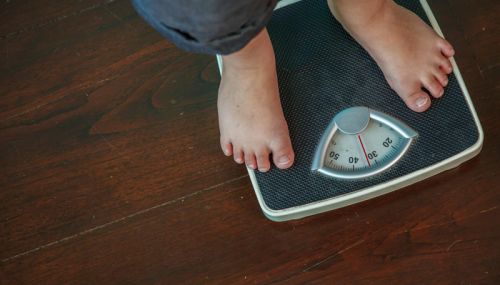The Age 7 Sweep examined mid-childhood experience of schooling alongside childhood health, childcare, education, social and family circumstances.
Interviewers visited the cohort members’ homes and conducted face-to-face interviews with both parents. Parents also answered some questions via self-completion. Information collected from parents covered family composition, housing, parental health, employment and income, parenting attitudes and activities, cohort member’s health, child behaviour and development, leisure activities, schooling and child care arrangements.
Cohort members, for the first time, completed a short paper questionnaire on their own, about their lives, school, relationships and attitudes.
The interviewer conducted a number of age-appropriate cognitive assessments with the cohort member. These included a repeat (from age 5) of both the Story of Sally and Anne, and Pattern Construction (British Ability Scales). They also conducted assessments of Word Reading (British Ability Scales) and Progress in Maths (developed by the National Foundation for Educational Research).
Cohort members’ height, weight, waist circumference and body fat were measured.
The cohort members’ class teachers completed a postal questionnaire. This collected information on the development and behaviour of the cohort child from their teacher’s point of view, as well as providing additional information about the child’s study environment.
Cohort members wore an activity monitor for seven days after the home visit to understand physical and sedentary behaviours.
Parents were asked to post cohort members’ shed milk teeth to the study, in order to assess levels of lead exposure.
Parents were asked for permission to link administrative data covering health records for cohort members, parents and siblings; education records for cohort members and siblings; and economic records for parents.




 Our studies
Our studies







